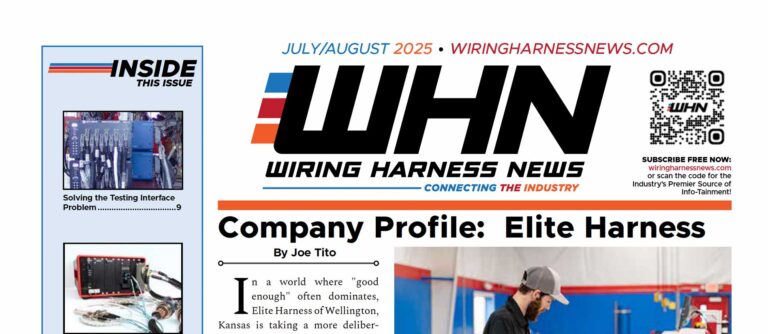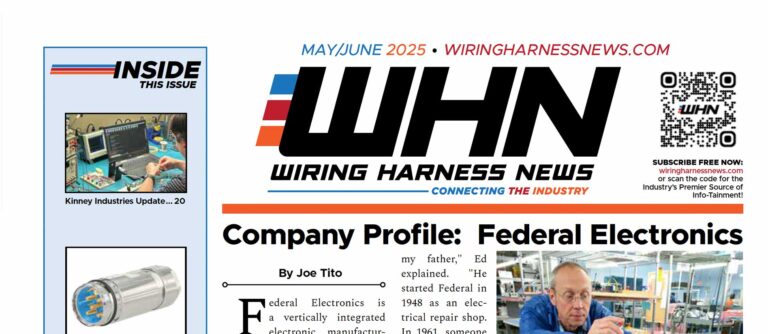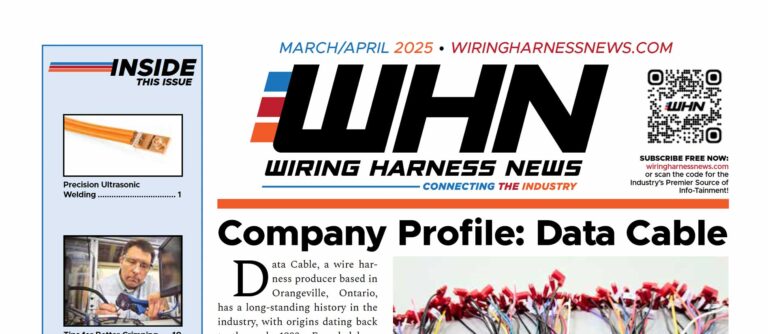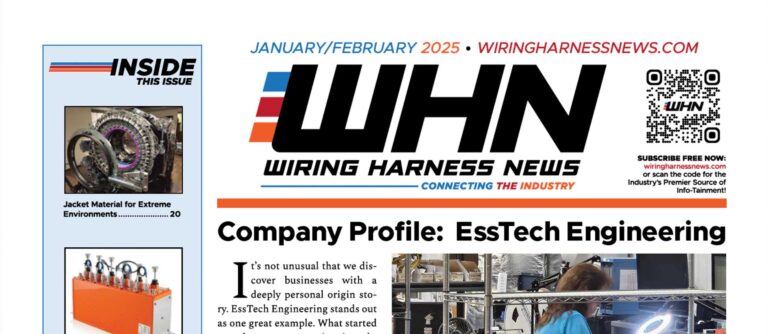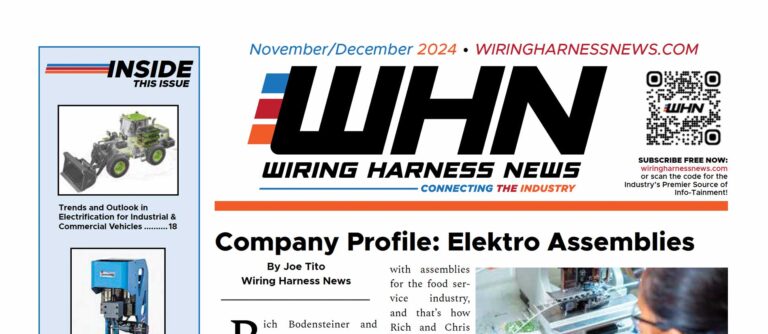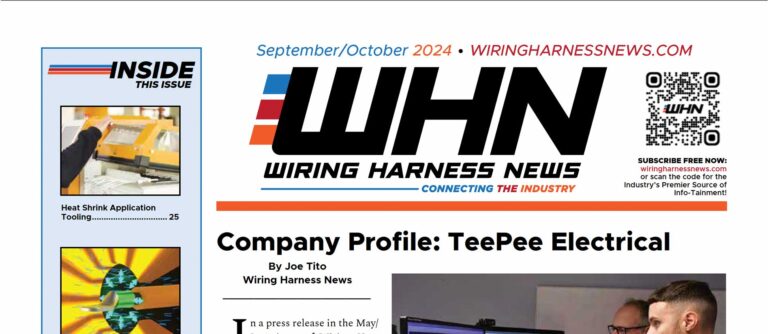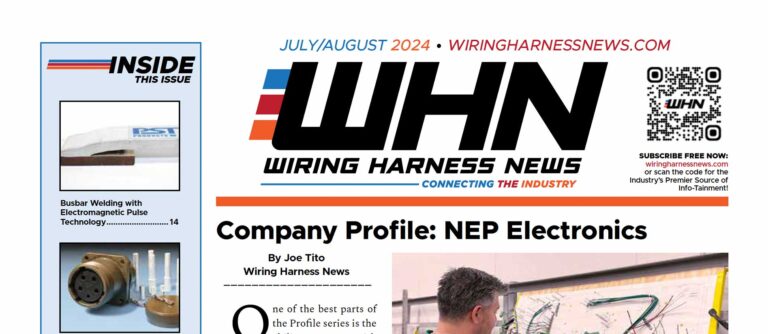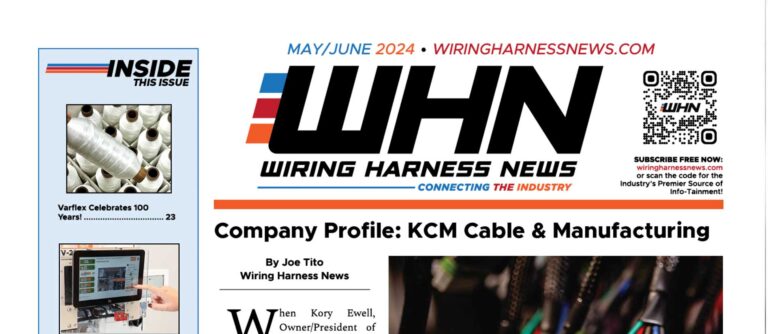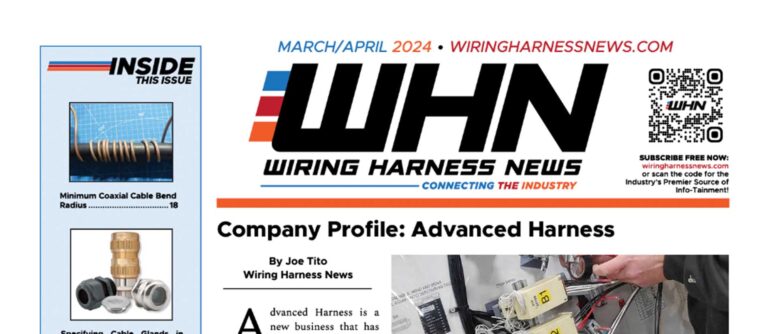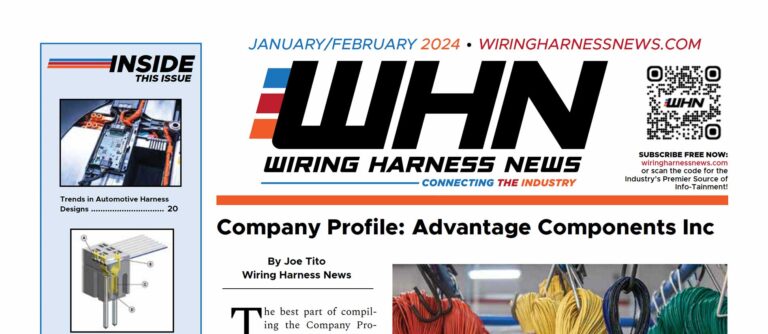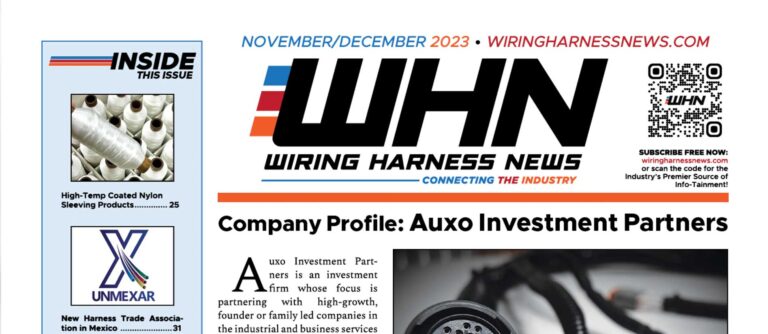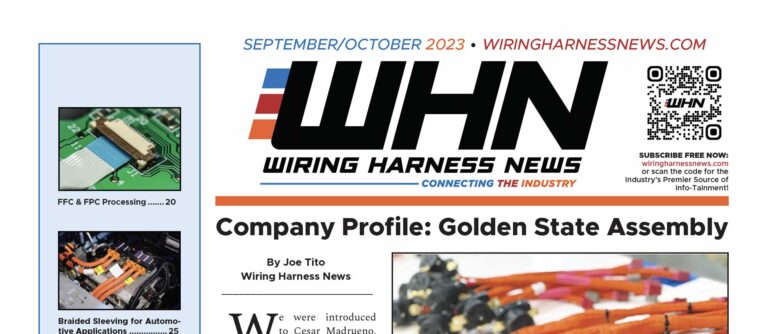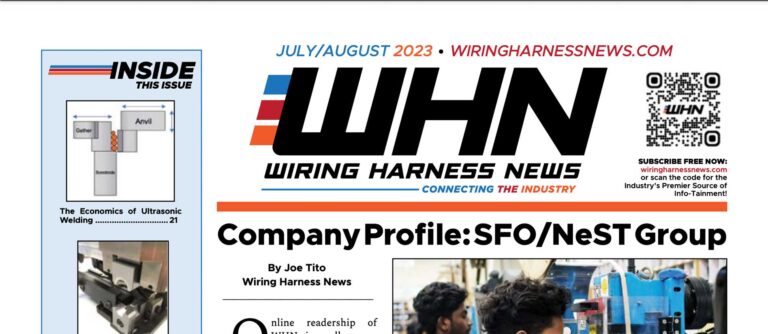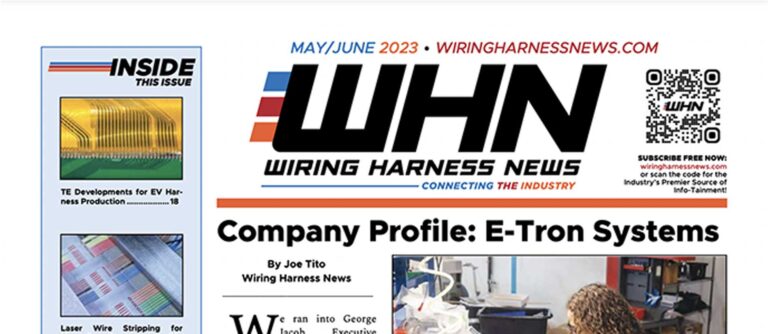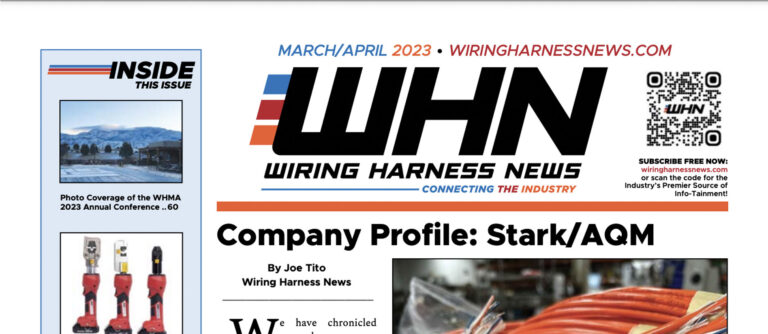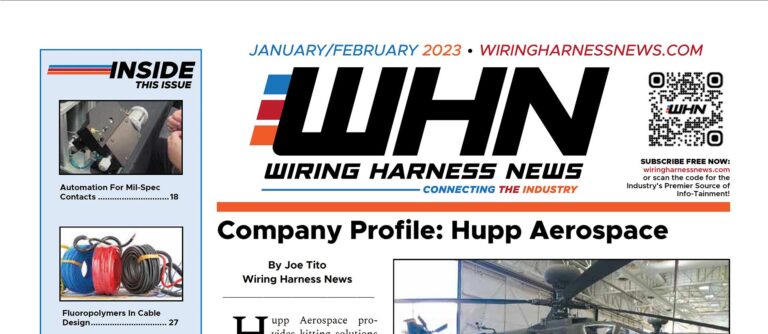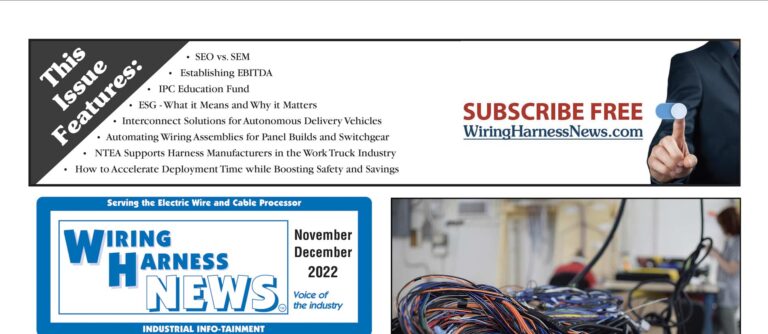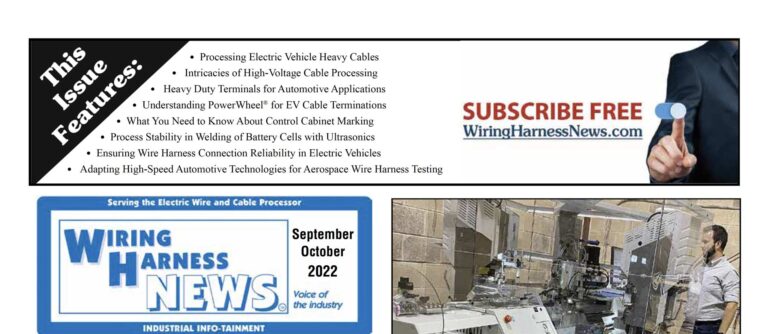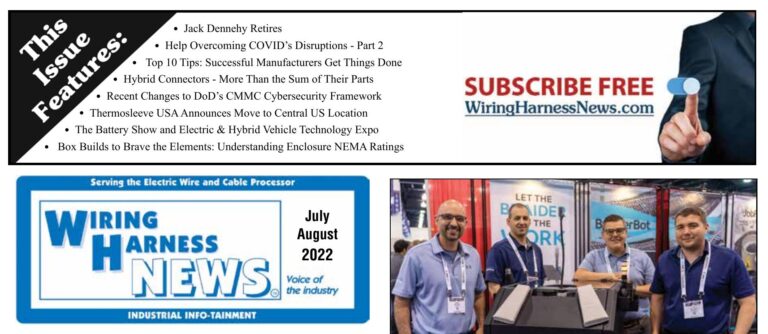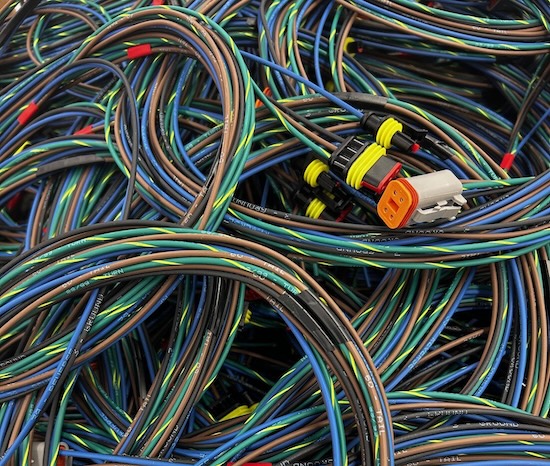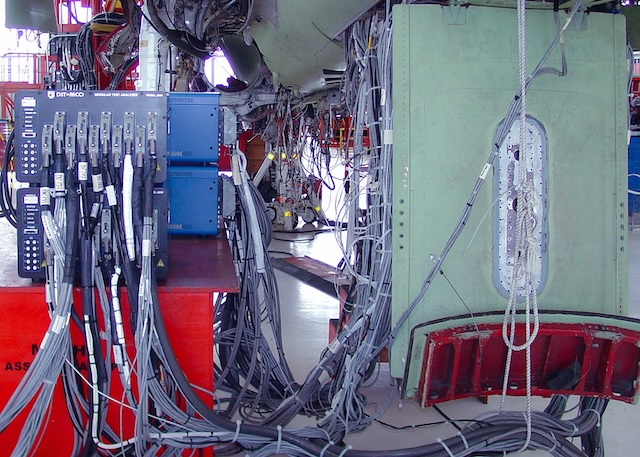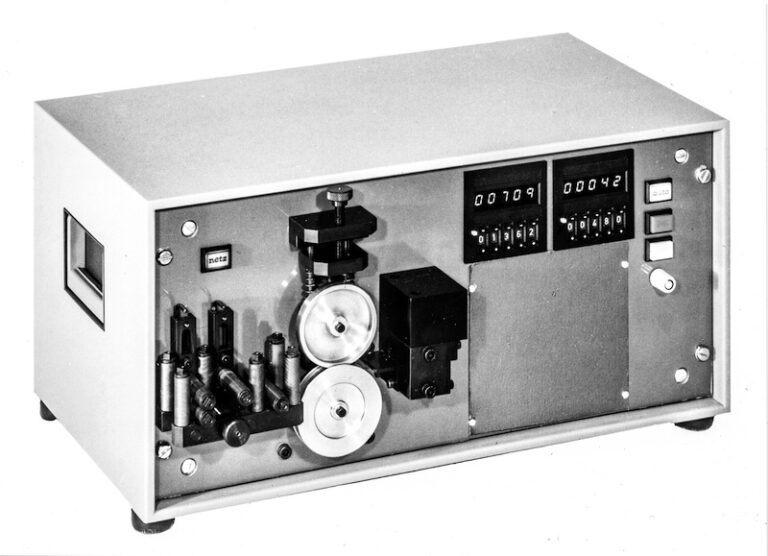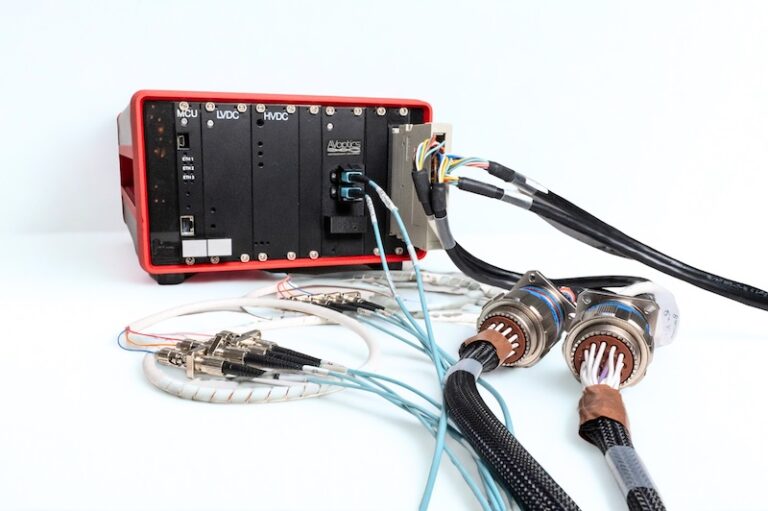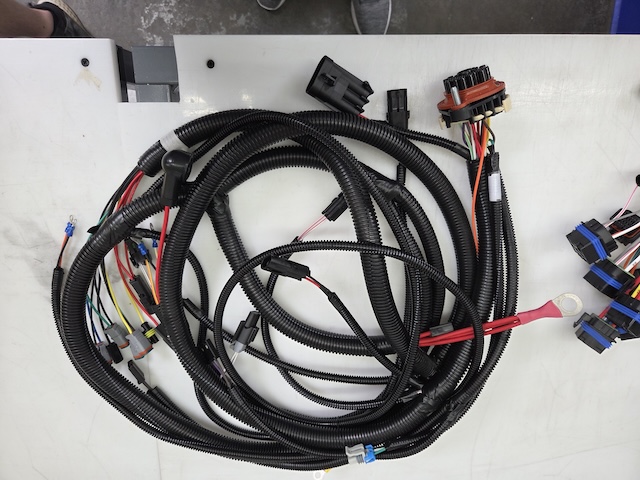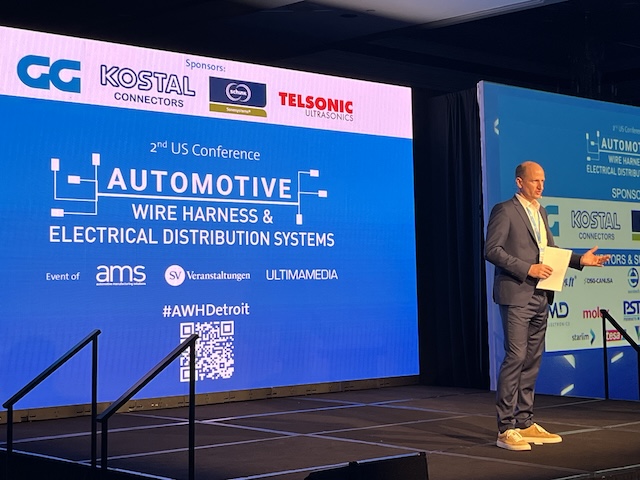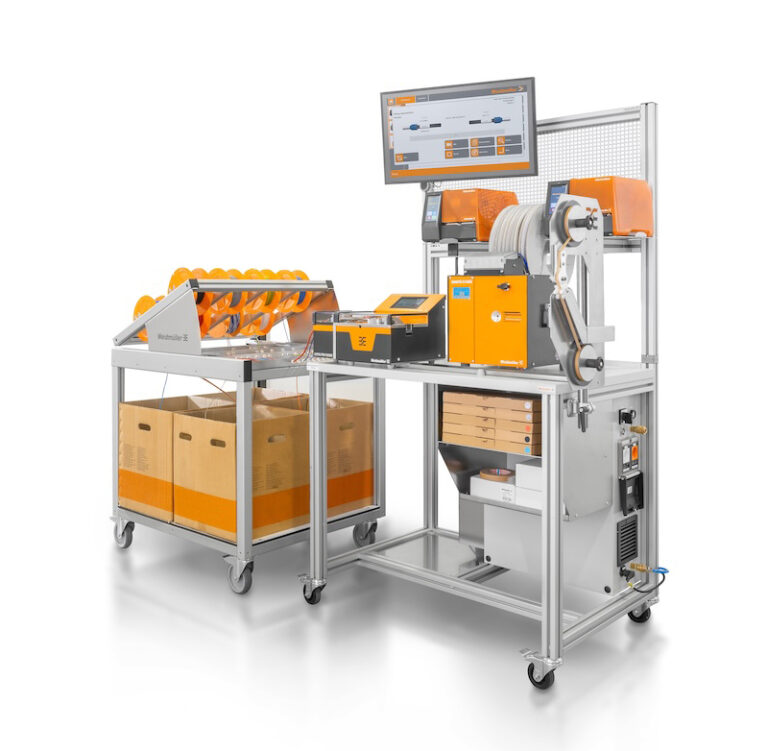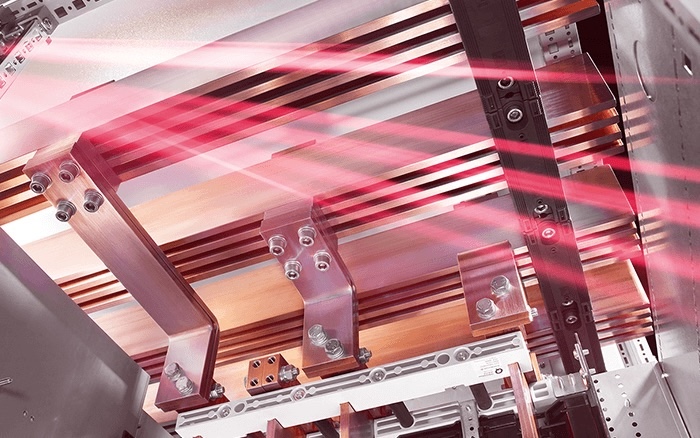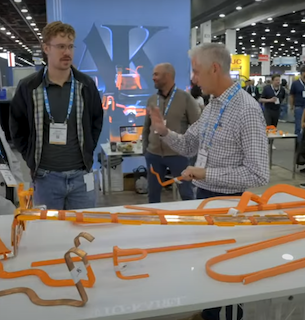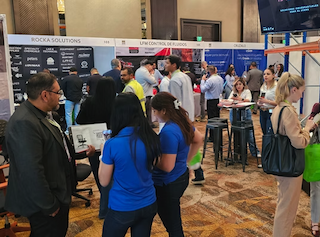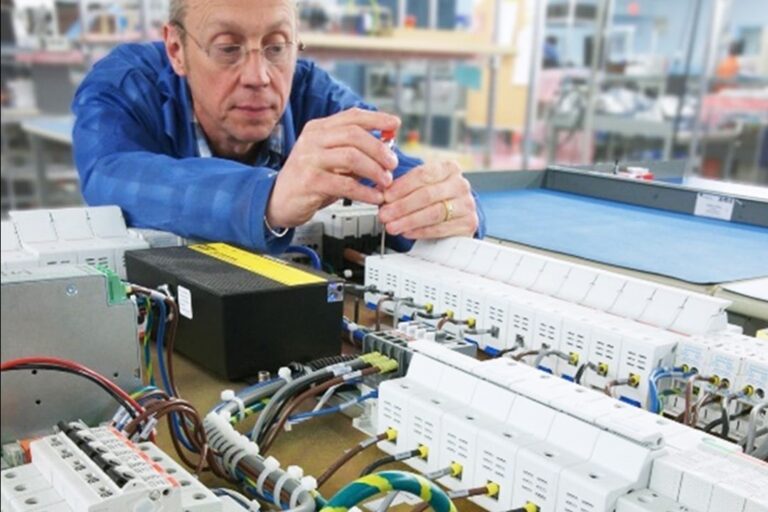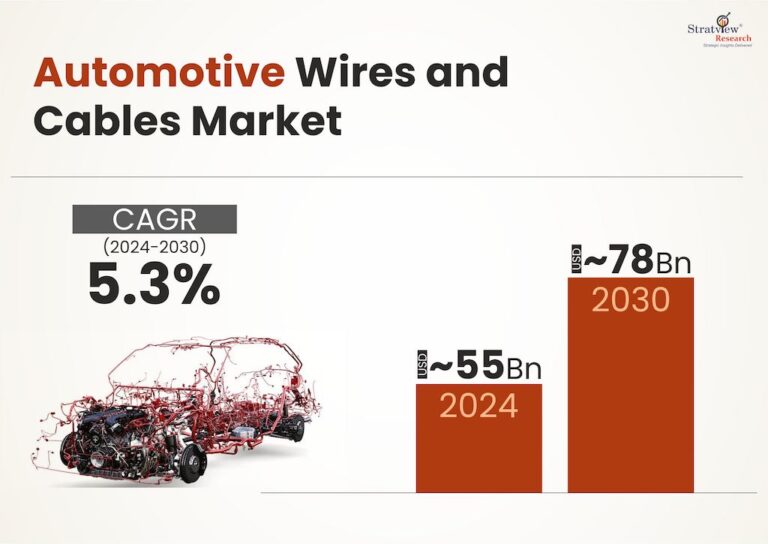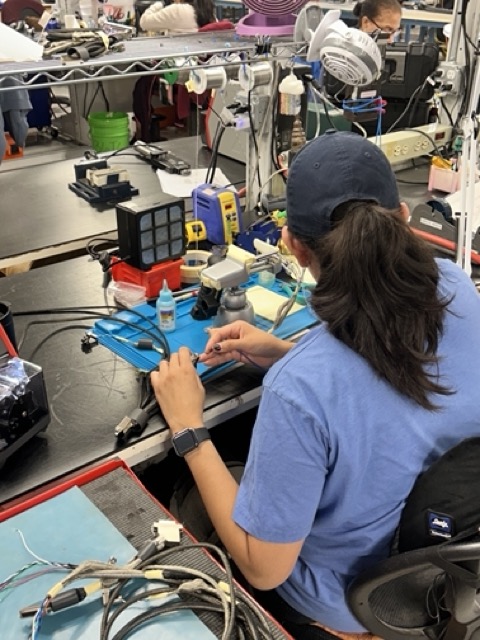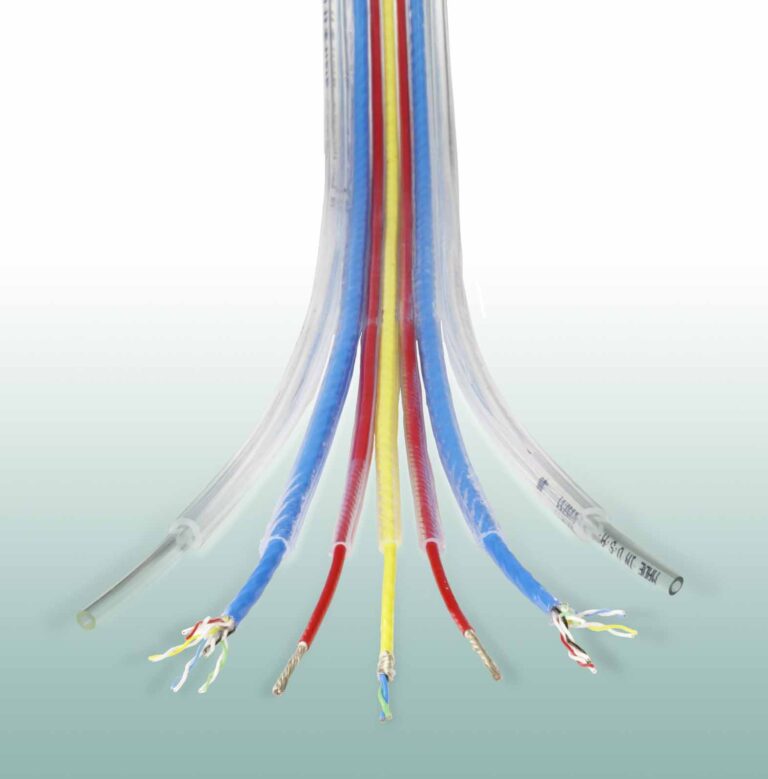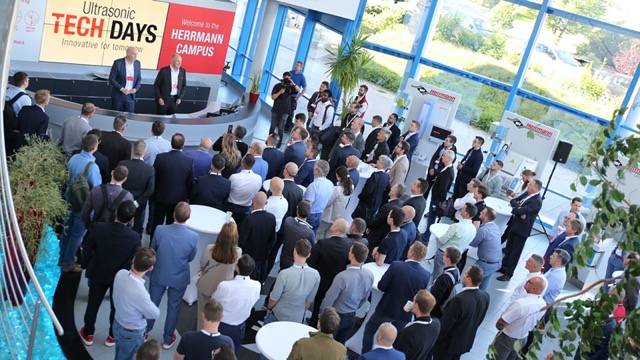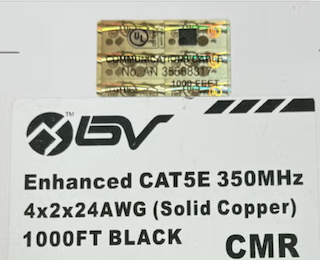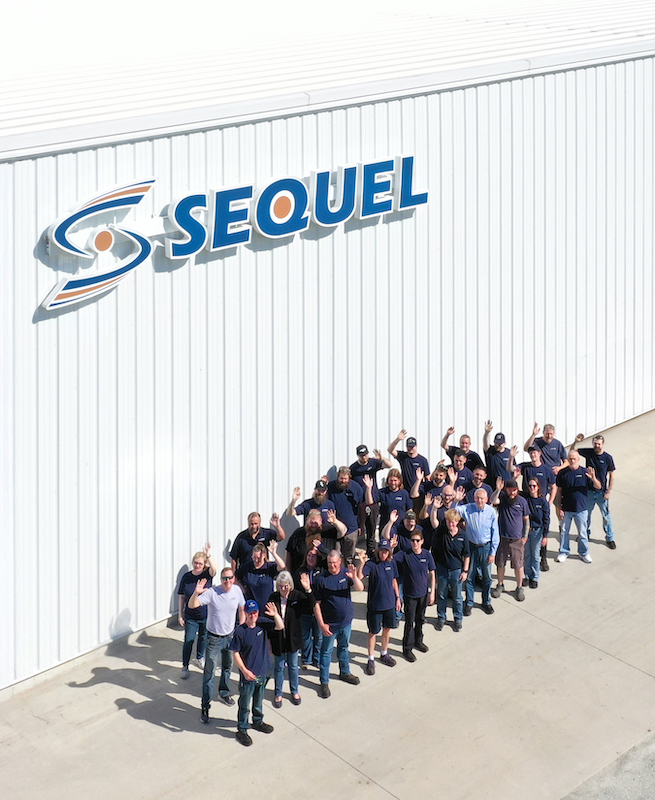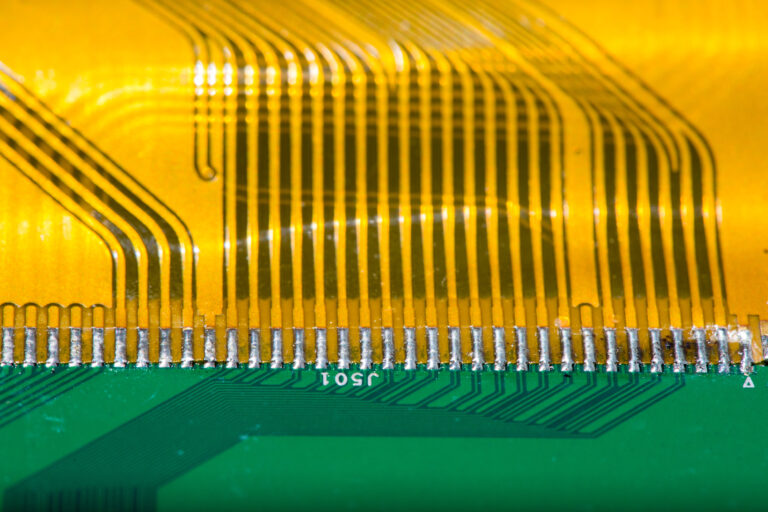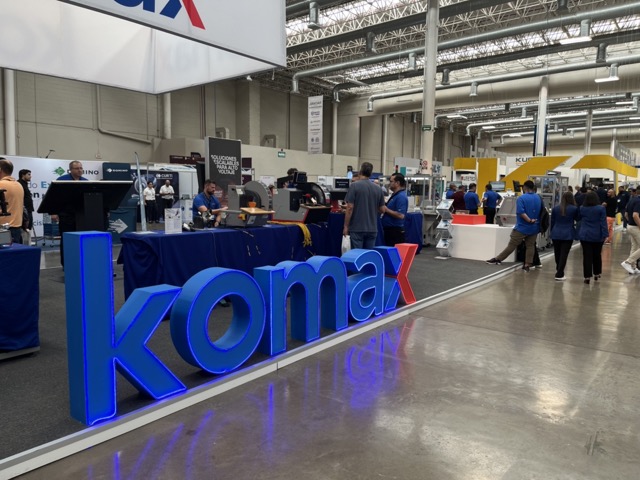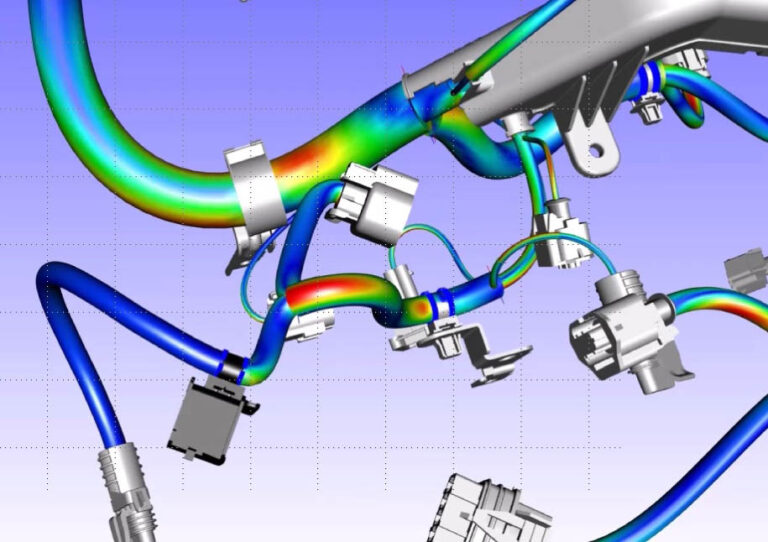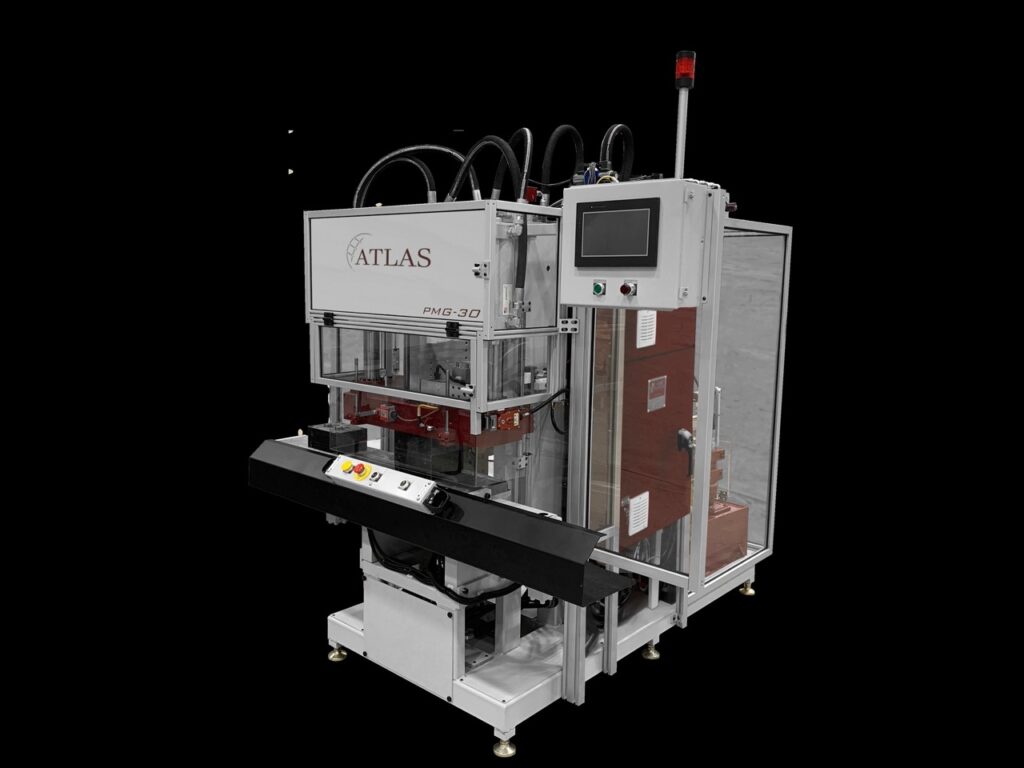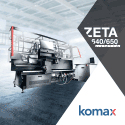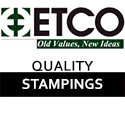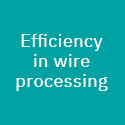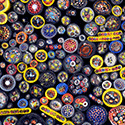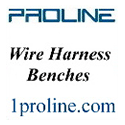WHN would like to welcome a new advertiser, QSI Automation, Inc. QSI manufactures the Atlas line of injection molding machines, and we reserved some time with Rich Taube, Manager – Plastics Machinery Group and Kent Shultz, Mold Design and Build Department Manager, to discuss the history of QSI Automation, and what makes them stand out as a mold and mold equipment supplier.
QSI was started by current President Phil Munk and a partner in 1988 as a two-man machine shop providing automation support products. They quickly grew into a full automation house with engineering and office staff. In 1997, while developing more automation products for the plastics industry, Phil and his team saw an opportunity to use their machining skills to build molds. “There are some tricks to doing that with loading and unloading the inserts, so they went out and acquired a mold shop they had been using called Hunter Mold and Manufacturing,” Rich detailed. Hunter was particularly attractive to QSI because of the expertise of Kent and Don Patrick, President and owner as well as several key employees there.
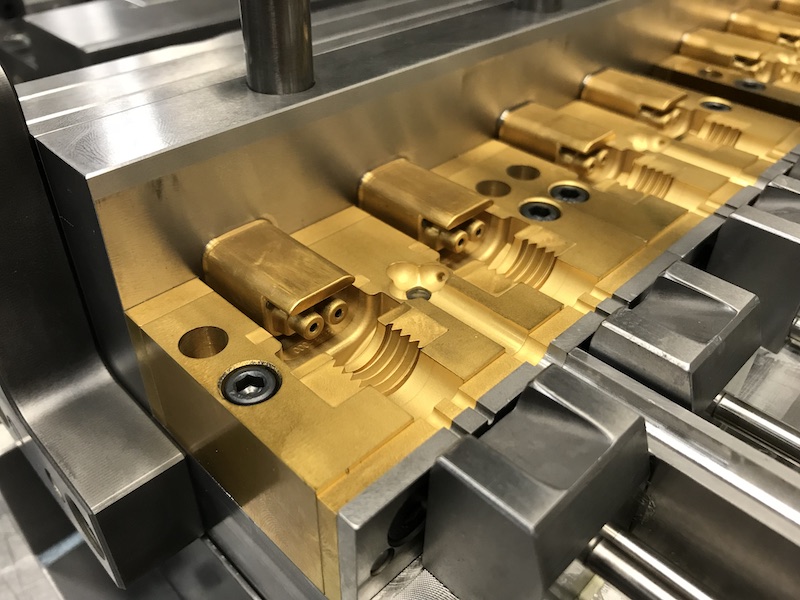
As the company continued to perfect their automated mold making skills, it became apparent it was time to bring in someone with extensive experience in the plastics industry, specifically with vertical injection molding machines. “I had worked for a company called Autojectors. Unfortunately, or fortunately, they were purchased by a larger company and after a few years they decided to consolidate the plant and move us to Ohio,” Rich remembered. “I didn’t want to make the move and when QSI heard I was available they called me up and asked if I would like to start up our Plastics Machinery Group.” It was an easy decision, and Rich began as a one-man division in 2002, doing small repairs on vertical molding machines and selling spare parts to the industry.
Soon, Rich had additional staff and began full rebuilding and retrofitting of injection mold equipment. “Customers had machines they were happy with and didn’t want to let them go,” Rich recalled. “Many of the machines were custom-made, but had outdated controls and systems, so we started retrofitting them with new controls.” That led to rebuilding machines from the ground up to ‘like new’ condition, and QSI began to offer these machines with full warranties.
About five years ago, the availability of used equipment started drying up so there weren’t many machines readily available to rebuild and resell. “We saw the need to design and build our own custom molding machines, so we started our Atlas line of equipment.” There are now two models available — a 30-ton machine, capable of having vertical or horizontal inject units, and a 60-ton machine with a standard horizontal inject unit. Both models have adjustable tonnage that will allow you to reduce clamping force down to 2 tons if needed.
Soon after the introduction of the Atlas line, QSI began hearing from customers who were seeking a more customized approach to injection molding. “Sometimes you need larger platens than what a standard machine will offer,” Rich explained. “This means you would have to buy a larger machine to get the platen size, but then you don’t necessarily need the additional tonnage. So, we started building custom machines to accommodate them.”
As an example, a customer had a machine that just wasn’t fitting their exact needs and asked QSI to have a look at their unique application to see if they could make improvements. “We took a team of engineers over there and told them we could improve on their current equipment significantly. Since then, we have built eight custom, fully automated, turnkey systems for that customer,” Rich noted.
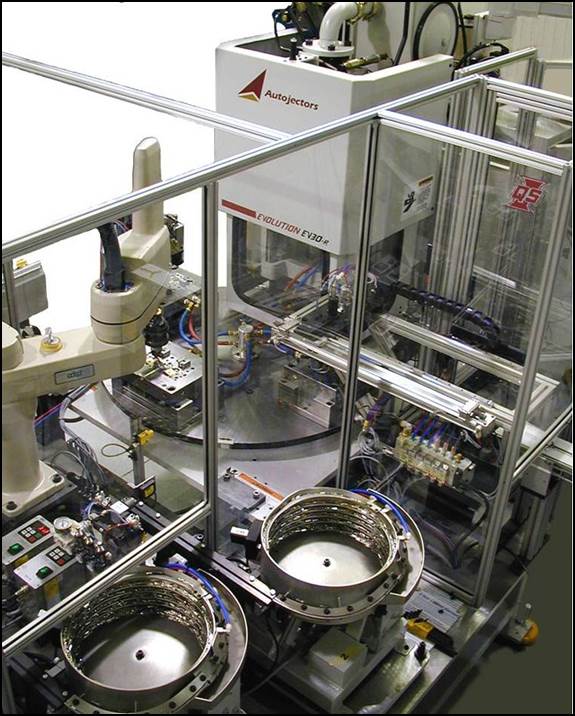
The term ‘turnkey’ came up several times in the conversation and it seems to be the QSI trademark across all their divisions. “Customers get their molds designed and built here, they get their custom automation and vibratory feeder solutions here, and over the past 10 years, they can get a molding machine with lots of automated features,” Rich reported.
With this high level of integration, QSI can control every part of the equation to provide a much more concise process. “That’s one of the unique things about us,” Rich insisted. “We’ve got automation engineers, electrical engineers, mechanical engineers, and a staff of expert mold builders. We do all the fabrication and assembly work right here in Indiana. Even though we operate as individual departments, we all pull together to do these turnkey projects as they come along.” Rich also mentioned that QSI purchased a second machine shop about twelve years ago. It is their Custom Machining Group, and they do large plate steel to produce machine frames and other larger components.
This integrated approach is especially helpful to harness manufacturers who wish to bring this technology on board for the first time. “We have many customers that we have introduced to molding. Often, they don’t want to spend a lot of money to get started because it’s something new. So, they look at alternatives like used equipment that we may have. It’s at a lower cost, but with the same quality and functionality. We brought many customers on board that way who are now buying remanufactured and new Atlas machines from us,” Rich stated.
When QSI provides a retrofit solution, the machines are updated to the most modern and exacting specifications. They have new servo pump systems and new control systems including a couple different platforms such as Allen Bradley and Automation Direct. These units can be anywhere from 20-40% lower than the cost of a new molding machine.
QSI certainly has the experience to pull all of this off. Rich and Kent each have 30 years’ experience in the plastics industry and others on board have similar credentials. “We catch problems before they become disasters. I can’t say we’ve seen it all because every once in a while, we run into something new. But we always find a way to work our way through it,” Rich revealed.
With about 70 employees, QSI is smaller than some of their competitors, but Rich and Kent insisted this gives them the ability to be nimble and provide better service when their customers need it. “With some of the larger companies, it can be a while to get to the right person. It’s pretty simple when you call here. You get the right person quickly who will get you your answers,” Rich insisted. QSI has placed several Atlas machines in the US, Mexico and, more recently, at a company in Costa Rica that manufactures medical assemblies. QSI provides support on all of the equipment it sells. They provide on-site training along with in-house experts to answer any questions as they come up.
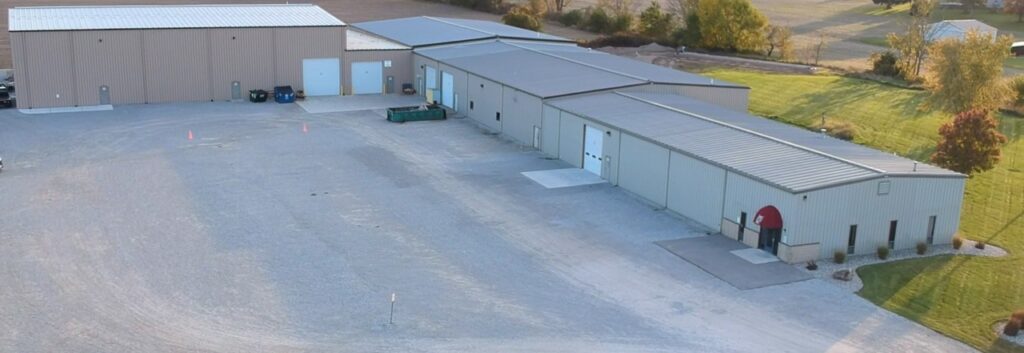
We welcome QSI to these pages. Rich and Kent promised to provide instructive content on injection molding in the future. You can check out the Atlas machines, and more of QSI’s offerings at qsiautomation.com. If you would like to discuss a new or troublesome molding application, Rich and his team are happy to chat with you. Contact him at [email protected] or call 260-693-1500.

